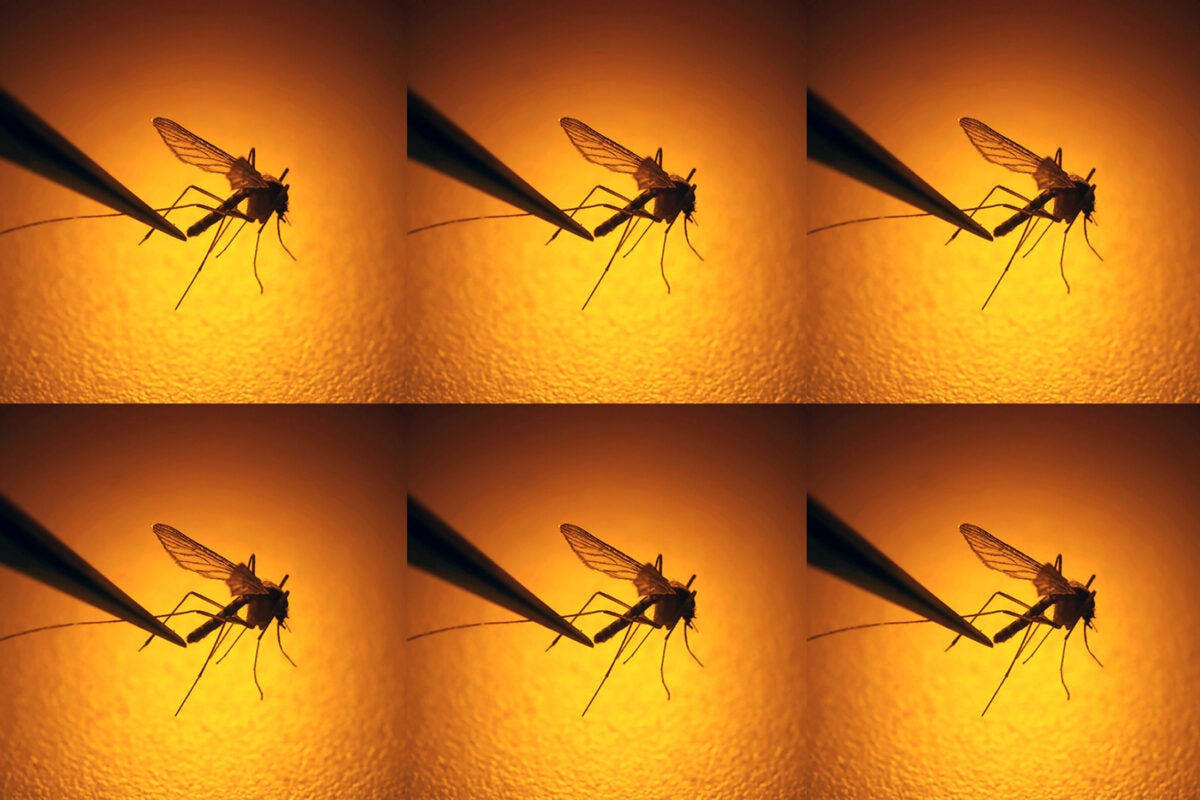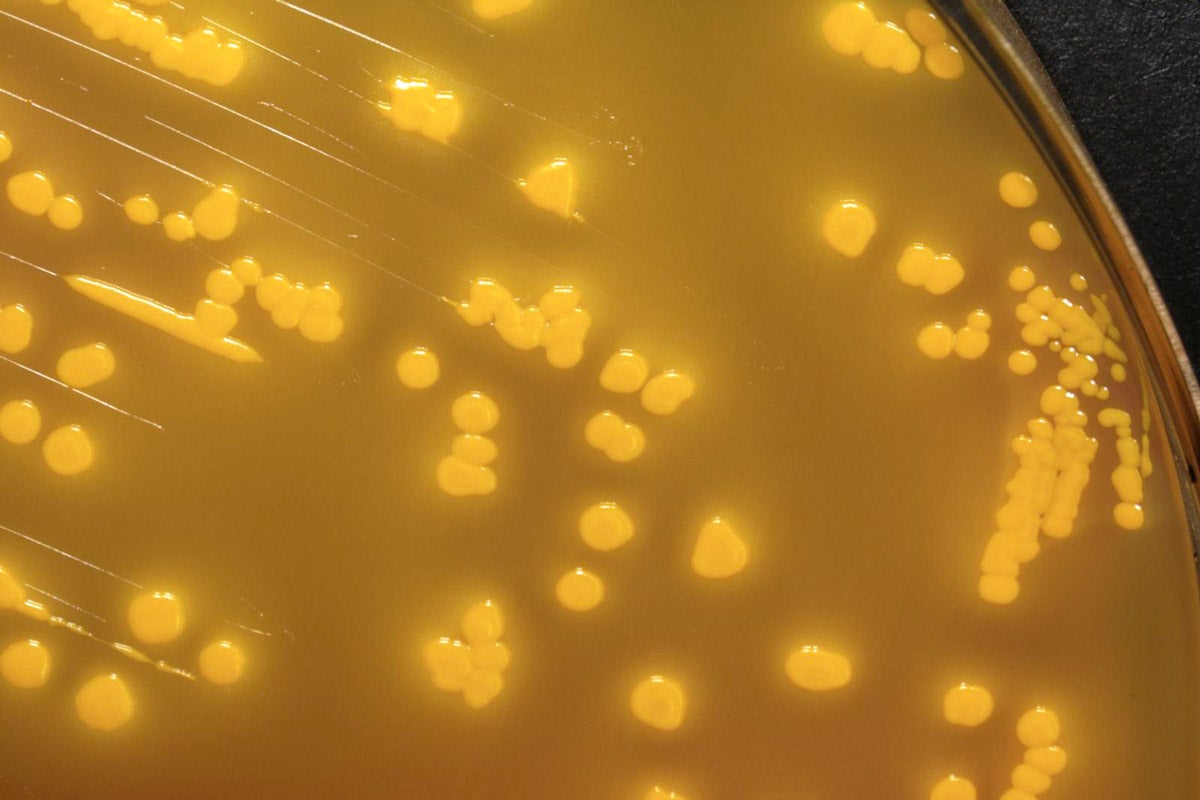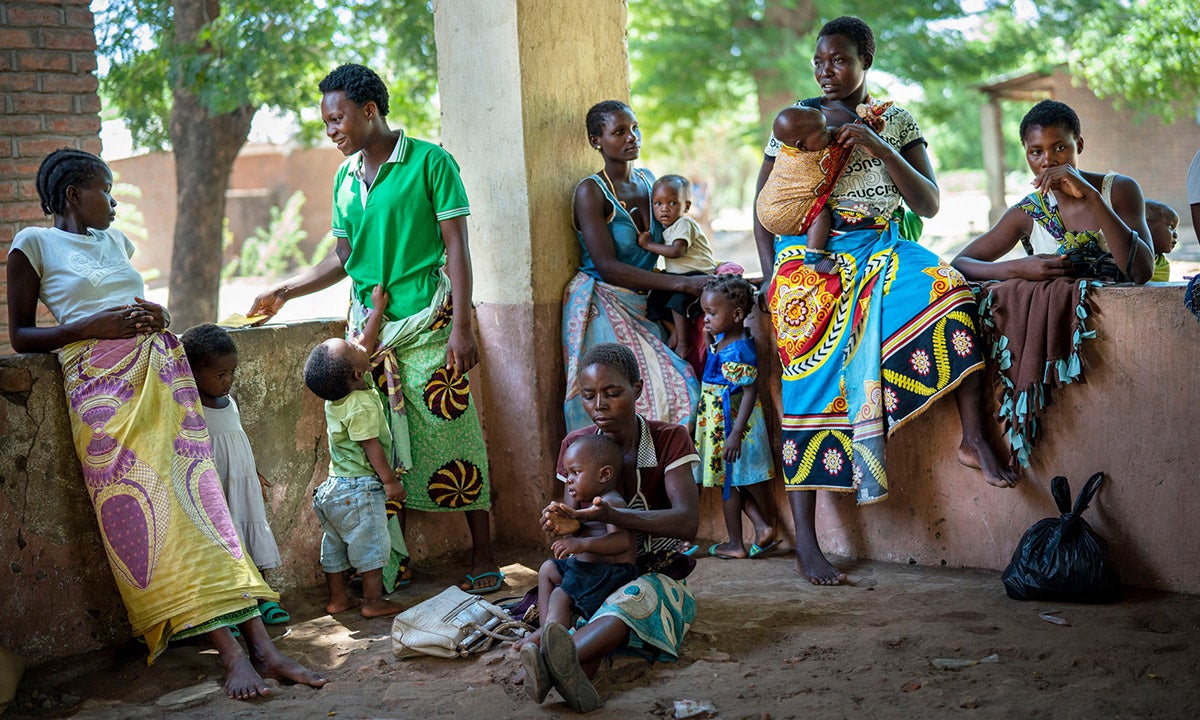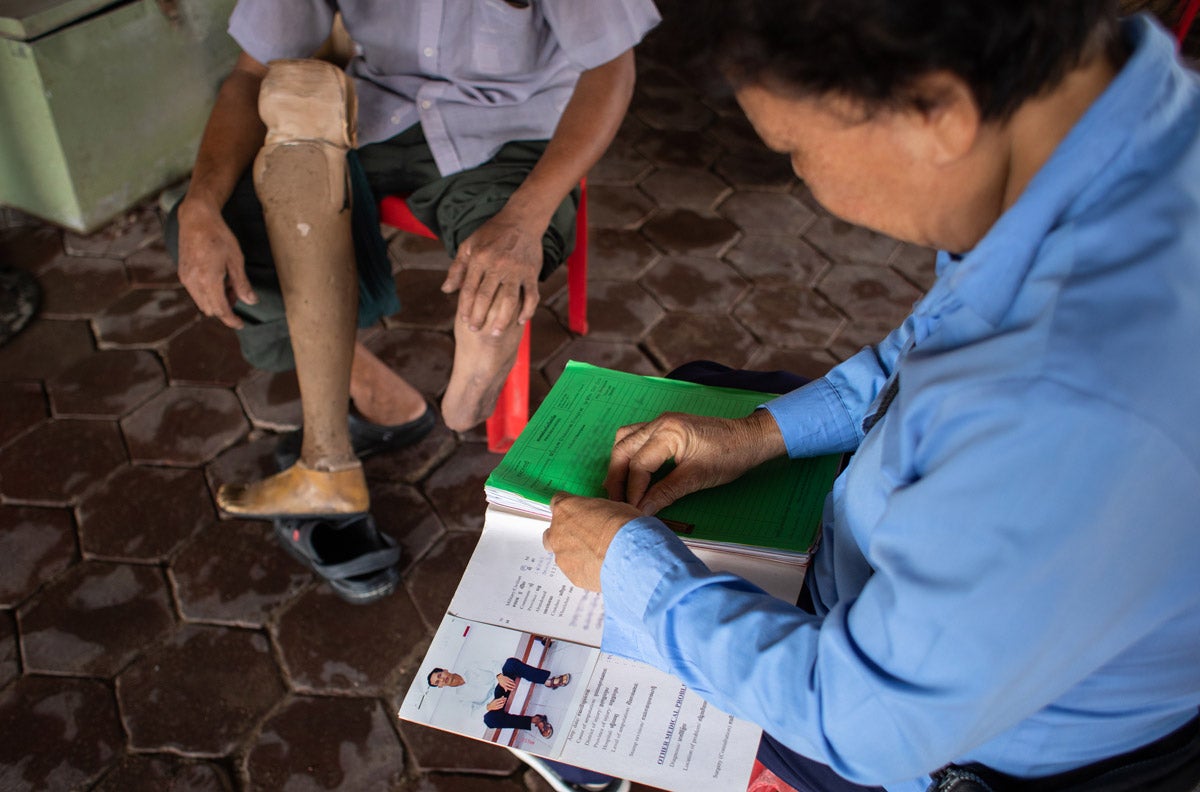
Feature
Can mass-produced mosquitoes slow dengue’s spread?
On Sundays at dusk, autorickshaws spew thick, white clouds of insecticide along the tree-lined streets of my neighborhood in Bengaluru, a city in south India. The chemicals smell like diesel, but we don’t mind since they are designed to kill a persistent scourge: mosquitoes carrying the dengue virus.
On the other side of the world, Brazil is taking its own fight against the mosquito to a whole new level. Brazilian health officials in five cities have been releasing clouds of lab-grown Aedes aegypti mosquitoes infected with Wolbachia bacteria, which prevents dengue virus transmission to humans. The country will be the first to launch a nationwide program to release Wolbachia-modified mosquitoes, which are expected to protect up to 70 million people from dengue fever over the next 10 years. And it’s building a factory to scale up mosquito production: Beginning 2024, the factory will mass-produce five billion mosquitoes a year.
Sign up for Harvard Public Health
Delivered to your inbox weekly.
Dengue can be a dangerous disease, and it’s endemic in more than 100 tropical and sub-tropical countries. Thanks to climate change and rapid urbanization, dengue fever is surging to near-epidemic rates in places like Peru, Brazil, Sri Lanka, and India. The World Health Organization has reported a dramatic rise in recorded cases of dengue since 2000, although some models estimate global dengue infections actually exceed 400 million annually. Half of the world’s population is now at risk of contracting the disease; the Pan American Health Organization (PAHO) reported nearly two million cases of dengue fever in just the first six months of this year.
Dengue is the most prevalent viral infection transmitted by Aedes aegypti, but the mosquito is also responsible for transmitting Zika, yellow fever, and chikungunya—all major global health threats responsible for hundreds of thousands of deaths every year. Wolbachia effectively reduces the infection risk to humans from all of these viruses. (Wolbachia isn’t yet proven to combat malaria, which is carried by another mosquito species, Anopheles).
Dengue is difficult to prevent and there’s no treatment, except for supportive care to ease symptoms. Luckily, most people who get dengue won’t have severe symptoms, but in a small percentage of cases, a patient’s platelet count plunges, raising the risk of dangerous bleeds, and they experience excruciating pain. The disease, after all, is nicknamed ”break bone fever.”
Without effective vaccines or treatment, the only option left is to stop mosquitoes from transmitting disease. Conventional methods of killing mosquitoes like fogging or draining standing water have reached their limits: some mosquitoes are now resistant to insecticides, and they can reproduce in just a teaspoon of stagnant water.
Scientists have pursued alternatives for years, namely modifying the mosquito itself. Much attention has been paid to genetic modifications that could effectively eliminate the entire Aedes aegypti species, but concerns about the ecological effects of this kind of engineering have lent momentum to other methods. Enter the World Mosquito Program (WMP) and its Wolbachia-infected mosquitoes, a technique that leaves the mosquito mostly unscathed. In fact,Wolbachia occurs naturally in nearly half of all insect species, but Aedes aegypti mosquitoes don’t typically carry it.
Half of the world’s population is at risk of contracting dengue.
In 2011, the program released the first batch of Wolbachia-modified mosquitoes in Cairns, Australia. Scientists hoped the modified mosquitoes would spread Wolbachia to the wild mosquito population, eventually establishing the bacteria in the majority of a region’s mosquitoes. Since then, the WMP has tested the modified mosquitoes in more than 50 cities across 13 countries, with promising results.
“From the data that we have seen so far… Wolbachia is a safe, sustainable, and effective method for controlling viral transmission from mosquitoes to humans, and is likely to become adopted more widely by dengue-affected areas,” says Cristina Cassetti, deputy director of the division of Microbiology and Infectious Diseases at the National Institutes for Health (NIH). (The NIH has participated in evaluations of WMP’s work.)
One randomized control trial in Yogykarta, Indonesia, in 2021 showed a 77 percent reduction in dengue incidence over 27 months in neighborhoods where the Wolbachia-infected mosquitoes were released. Another 2021 study found a 69 percent reduction of dengue infection, in Niterói, Brazil. Brazil, which experienced its highest-ever known caseload of dengue last year, is the first WMP partner country to produce modified mosquitoes at a scale large enough to release them nationwide.
But their dispersal may remain slow even as WMP experiments with new methods. Luciano A. Moreira, a public health scientist and coordinator of the World Mosquito Program in Brazil, says local health officials typically drive through city streets with tubes of lab modified mosquitoes, releasing a handful of the insects through open car windows every 50 to 70 meters.
Moreira says getting the factory construction underway is urgent. Dengue infections are spreading to regions of Brazil that usually don’t see many cases of dengue fever. People in those regions are particularly vulnerable to dengue because there is little local immunity to the disease.
But climate change may throw a new challenge WMP’s way. New evidence suggests that intensifying heat waves may kill off the Wolbachia-modified bugs beginning in the 2050s. The strain of Wolbachia used in dengue interventions is heat-sensitive, and the modified mosquitoes population may start to drop when average daily temperatures reach about 95 degrees.
In the meantime, Brazilian officials hope their big bet on mosquito control pays off for now.
Photo: Rick Bowmer, File / AP Photo


